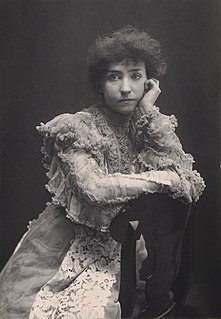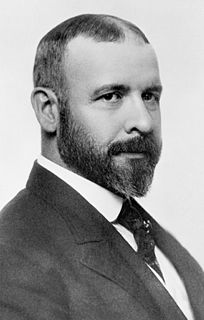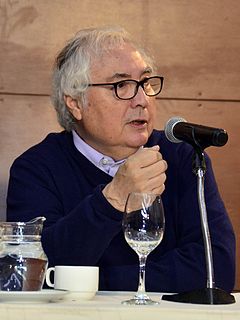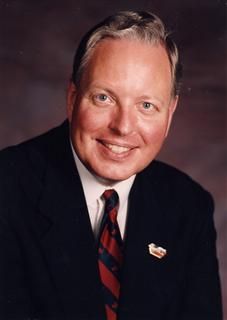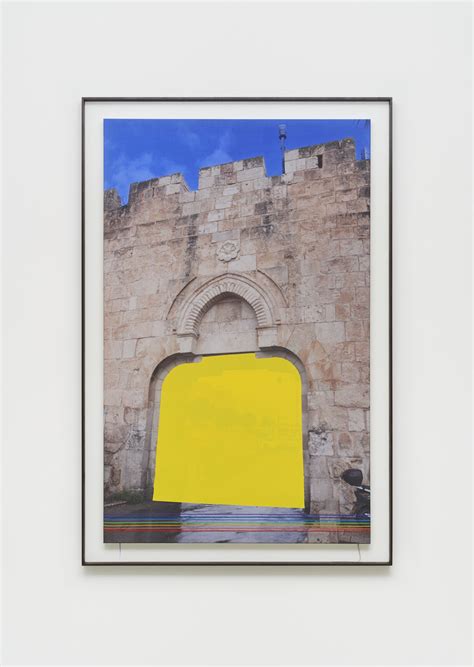A Quote by Priti Patel
The E.U., its institutions, structure and ways of working are an anachronism.
Quote Topics
Related Quotes
Branches or types are characterized by the plan of their structure,
Classes, by the manner in which that plan is executed, as far as ways and means are concerned,
Orders, by the degrees of complication of that structure,
Families, by their form, as far as determined by structure,
Genera, by the details of the execution in special parts, and
Species, by the relations of individuals to one another and to the world in which they live, as well as by the proportions of their parts, their ornamentation, etc.
To speak of certain government and establishment institutions as 'the system' is to speak correctly . . . They are sustained by structural relationships even when they have lost all other meaning and purpose. People arrive at a factory and perform a totally meaningless task from eight to five without question because the structure demands it be that way. There's no villian, no 'mean guy' who wants them to live meaningless lives, it's just that the structure, the system demands it and no one is willing to take on the formidable task of changing the structure just because it is meaningless.
The domestic power structure - how power is exercised in the United States, for instance - greatly influences the structure of international institutions. So, for example, the Clinton administration was very influential in shaping the WTO treaty, and, because of the way the US domestic political system works, this meant that corporations could use the US government to wield a huge influence.
In any institution-factory, university, health center, or whatever-there are a variety of interests that ought to be represented in decision-making: the work force itself, the community in which it is located, users of its products or services, institutions that compete for the same resources. These interests should be directly represented in democratic structures that displace and eliminate private ownership of the means of production or resources, an anachronism with no legitimacy.
I remember in 2000, when President Clinton came to Cartagena just before Plan Colombia started, the country was on the verge of becoming a failed state. Today, we are one of the most solid democracies, where institutions are working, where the scandals such as false positives have come to light because of those functioning institutions.
Institutions develop because people put a lot of trust in them, they meet real needs, they represent important aspirations, whether it's monasteries, media, or banks, people begin by trusting these institutions, and gradually the suspicion develops that actually they're working for themselves, not for the community.
Certainly, by providing individuals coming out of institutions with ways to become productive citizens, we reduce recidivism. What that means is we reduce crime. There are fewer victims when individuals have options - when they have job skills, when they have life skills, we break the cycle of children following their parents into institutions.
I think photography is so hard. To be working in video and photography the past 20 years - because I was doing it in high school - you're dealing with mediums that change culture. The way they are distributed, disseminated - it's changed so dramatically. One of the things I always like to do is look at the structure of something and detach myself from the structure and figure out how to slightly alter it. So if the structure itself is constantly liquidated, it just really is difficult for me to really even know what to think of Instagram.


